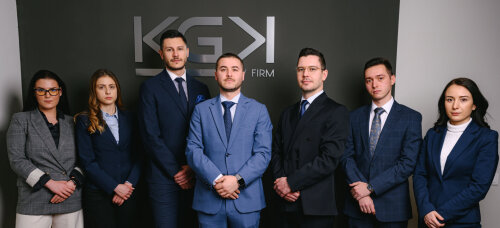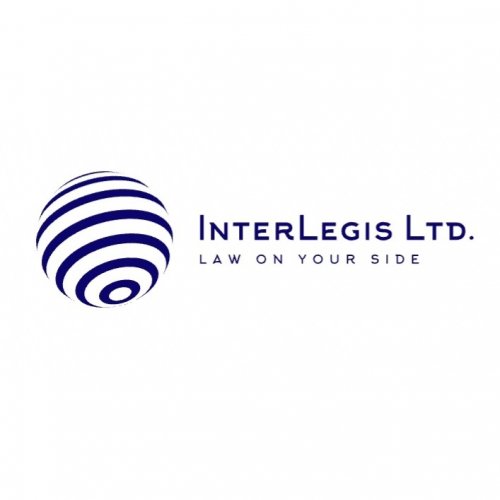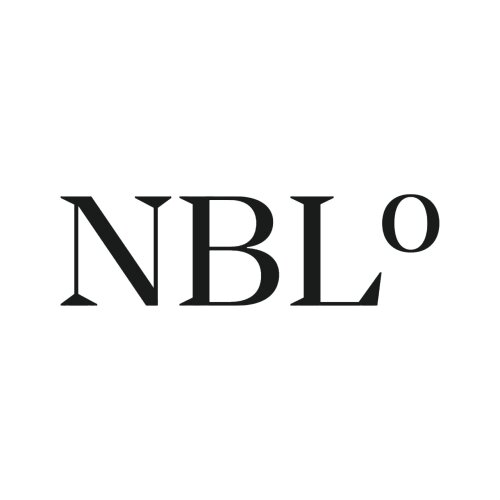Best Sports Law Lawyers in Bulgaria
Share your needs with us, get contacted by law firms.
Free. Takes 2 min.
Or refine your search by selecting a city:
List of the best lawyers in Bulgaria
About Sports Law in Bulgaria
Sports law in Bulgaria is an evolving field that encompasses various legal aspects related to athletics, events, and sports management. This area of law deals with issues concerning contracts, intellectual property, labor law, and dispute resolution specific to the sports industry. Bulgarian sports law also covers the regulatory frameworks established by governmental sports authorities and compliance with international sports federations. The legislative foundation comprises multiple legal acts, such as the Physical Education and Sport Act, alongside other relevant regulations that govern different sports activities and organizations within the country.
Why You May Need a Lawyer
Individuals and organizations may require legal assistance in sports law due to various scenarios. Common situations include negotiating athlete contracts, resolving disputes between sports entities, addressing doping violations, protecting intellectual property rights such as broadcasting and merchandising, and dealing with injury and liability claims. Additionally, legal guidance can be crucial during the establishment and management of sports clubs and federations, ensuring compliance with both national and international regulations.
Local Laws Overview
Bulgaria's sports law is underpinned by several key legal frameworks. The Physical Education and Sport Act is fundamental, providing the structure for national sports policy, funding, and the responsibilities of sports organizations. It covers licensing, the rights and obligations of athletes and sports workers, and ensures adherence to anti-doping policies. Employment law aspects also come into play, particularly concerning the contractual obligations between athletes and clubs. Intellectual property laws are relevant for the protection of sports-related trademarks and broadcasting rights. Bulgaria's commitment to international treaties and collaborations with organizations like the World Anti-Doping Agency also influences local legal practices.
Frequently Asked Questions
What is the role of the Bulgarian Ministry of Youth and Sports?
The Ministry of Youth and Sports oversees the development and implementation of the national sports policy, manages state funding for sports, and coordinates with national and international sports bodies to promote fair play and anti-doping measures.
How are athlete contracts regulated in Bulgaria?
Athlete contracts in Bulgaria are typically governed by the Physical Education and Sport Act and Bulgarian labor laws, emphasizing fair treatment and the protection of both parties’ rights in various employment relationships.
What should I know about sports-related trademarks and intellectual property?
Sports franchises often have valuable trademarks, which are protected under Bulgarian intellectual property laws. Legal advice can help ensure these assets are adequately protected and exploited through media and merchandising rights.
How does Bulgaria handle doping violations?
Doping violations are taken seriously and managed by both the national sports organizations and the Bulgarian Anti-Doping Center, in alignment with international standards set by the World Anti-Doping Agency.
What are the legal considerations for organizing a sports event?
Event organizers must navigate various legal considerations, including venue contracts, liability issues, safety regulations, and compliance with broadcasting laws and sponsorship agreements.
How can sports-related disputes be resolved?
Disputes can be resolved through arbitration, mediation, or litigation. Many sports agreements in Bulgaria include clauses for arbitration as a preferred method for efficient conflict resolution.
What are the key employment law aspects for athletes?
Employment law for athletes involves contracts, salary negotiations, and dispute resolution, all while ensuring compliance with national labor laws and specific provisions under sports regulations.
How do Bulgarian laws interact with international sports regulations?
While Bulgarian sports laws are independently crafted, they are designed to comply with international treaties and standards, facilitating the country's participation in global sports events and organizations.
What legal issues surround sports injuries?
Sports injuries can involve liability claims against entities or individuals, contract issues regarding player availability, and compliance with health and safety regulations, requiring legal interpretation and management.
What is the importance of anti-doping education and compliance?
Anti-doping education is crucial for maintaining fair competition and the integrity of sports. Compliance with anti-doping regulations helps protect athletes' health and the reputation of sports in Bulgaria.
Additional Resources
For more information, individuals can reach out to the following resources:
- Bulgarian Ministry of Youth and Sports
- The Bulgarian Olympic Committee
- Bulgarian Anti-Doping Center
- Local law firms specializing in sports law
- Legal aid organizations that provide guidance on sports-related matters
Next Steps
If you need legal assistance in sports law, consider the following steps:
- Identify your specific legal needs and issues related to sports in Bulgaria.
- Research and contact a specialized sports law attorney who understands both local and international sports regulations.
- Prepare necessary documents and information pertinent to your legal issue.
- Consult with your lawyer to explore legal strategies and resolve your sports-related concerns efficiently.
- Stay informed about changes in sports law by engaging with relevant resources and organizations.
Lawzana helps you find the best lawyers and law firms in Bulgaria through a curated and pre-screened list of qualified legal professionals. Our platform offers rankings and detailed profiles of attorneys and law firms, allowing you to compare based on practice areas, including Sports Law, experience, and client feedback.
Each profile includes a description of the firm's areas of practice, client reviews, team members and partners, year of establishment, spoken languages, office locations, contact information, social media presence, and any published articles or resources. Most firms on our platform speak English and are experienced in both local and international legal matters.
Get a quote from top-rated law firms in Bulgaria — quickly, securely, and without unnecessary hassle.
Disclaimer:
The information provided on this page is for general informational purposes only and does not constitute legal advice. While we strive to ensure the accuracy and relevance of the content, legal information may change over time, and interpretations of the law can vary. You should always consult with a qualified legal professional for advice specific to your situation.
We disclaim all liability for actions taken or not taken based on the content of this page. If you believe any information is incorrect or outdated, please contact us, and we will review and update it where appropriate.
Browse sports law law firms by city in Bulgaria
Refine your search by selecting a city.













